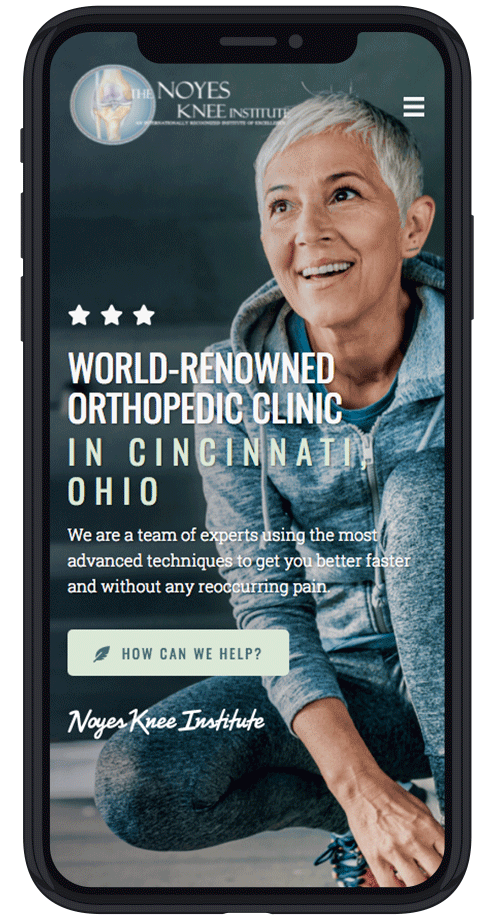Published On
Category
When you are obese, there are many different health issues that you need to be concerned with, including knee issues. Read on to learn more about obesity and knee problems so you can take the necessary steps to care for and protect your knees going forward.
Why Knee Problems Are Common in Obese Individuals
When the body weighs more, there is extra pressure put on the knee joints to support that weight. The extra pressure on the knee joints affects the cartilage in the knees. This can cause the cartilage in the knees to thin or wear out quicker. Less cartilage means poorer cushioning, which could lead to numerous knee problems and conditions.
What Knee Problems Are Common in Obese Individuals
Damaged cartilage in the knees can cause many health issues. The most common knee problem for individuals with obesity is knee osteoarthritis, which is caused by knee cartilage degeneration.
Once the cartilage is sufficiently worn down, the bones of the knee will begin to rub together, creating friction. This friction can wear down portions of the bone in the knee. Knee osteoarthritis can also cause pain, joint stiffness, swelling, inflammation, bone spurs, and protrusions in the knees, which can further damage the remaining cartilage. Osteoarthritis in the knees can be quite debilitating when it reaches advanced stages.
In addition to osteoarthritis, being overweight or obese can lead to general inflammation of the knee and can make a person more prone to injuring their knee when they are participating in physical activities like exercise. These issues can lead to osteoarthritis or ligament tears and damage in the knee joint.
How Knee Problems Are Treated
Osteoarthritis can be treated in a variety of ways. Doctors usually use the conservative treatment methods first as they allow for fast symptom relief. You can take over-the-counter Nonsteroidal anti-inflammatory medications that help reduce inflammation and pain in the knee joint.
Prescription pain medications and corticosteroid injections may also be used to treat knee inflammation. Ice and resting the knee joint can also help with pain and swelling. However, if none of these treatments are effective enough to help with the pain and inflammation in the knee, surgery may be necessary.
The surgery that is used may depend on the severity and the nature of the damage to your knee. Bone spurs can be removed and shaved down to reduce pain and bone-on-bone contact. The knee joint itself can also be completely reshaped and replaced to rid the joint of osteoarthritic tissue.
How Can Obese Individuals Prevent Knee Problems
The best way to reduce your chance of developing obesity-related knee problems is through healthy weight loss. This means that you need to increase your exercise and eat a healthier and more balanced diet.
But you need to keep your knee health in mind when you start exercising. You do not want to get into any high-impact exercise programs right away as this can compromise your knee joints. Try walking, riding a bike, or even using an elliptical machine. You can also do water aerobics or swimming, which are low-impact workouts for your knee.
Weightlifting and strength training are also important when you are overweight or obese. Muscle burns more calories than fat which will aid in your weight loss efforts. You will also have stronger muscles to support your knee joints, further preventing damage and injury.
For your diet, try eating more vegetables and lean proteins while reducing the number of carbohydrates you consume in a day. This will help with weight loss while still giving you necessary nutrients.
Now that you know these facts about knee problems and obesity, you can contact your doctor to get the help you need to care for your knees.


